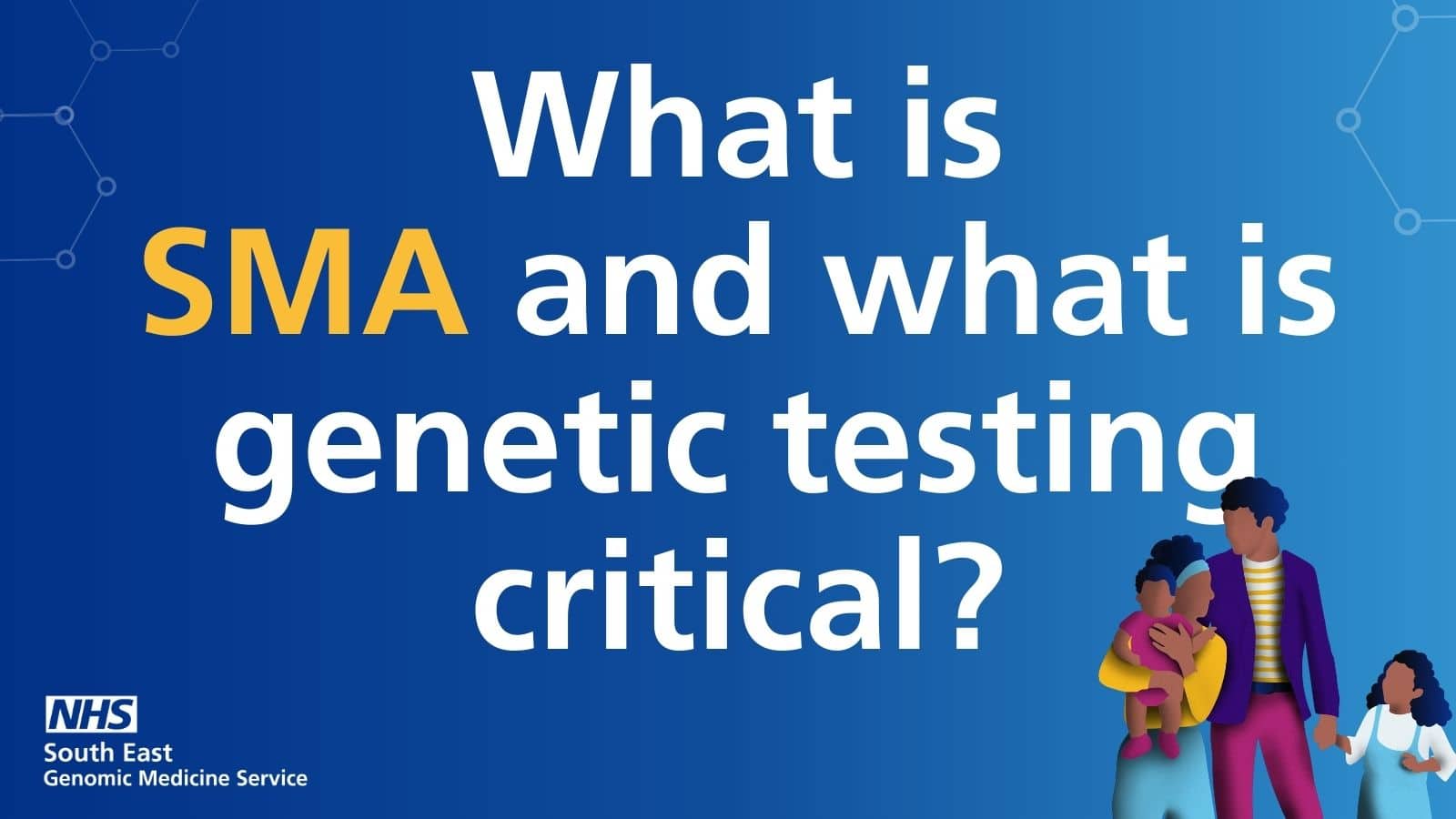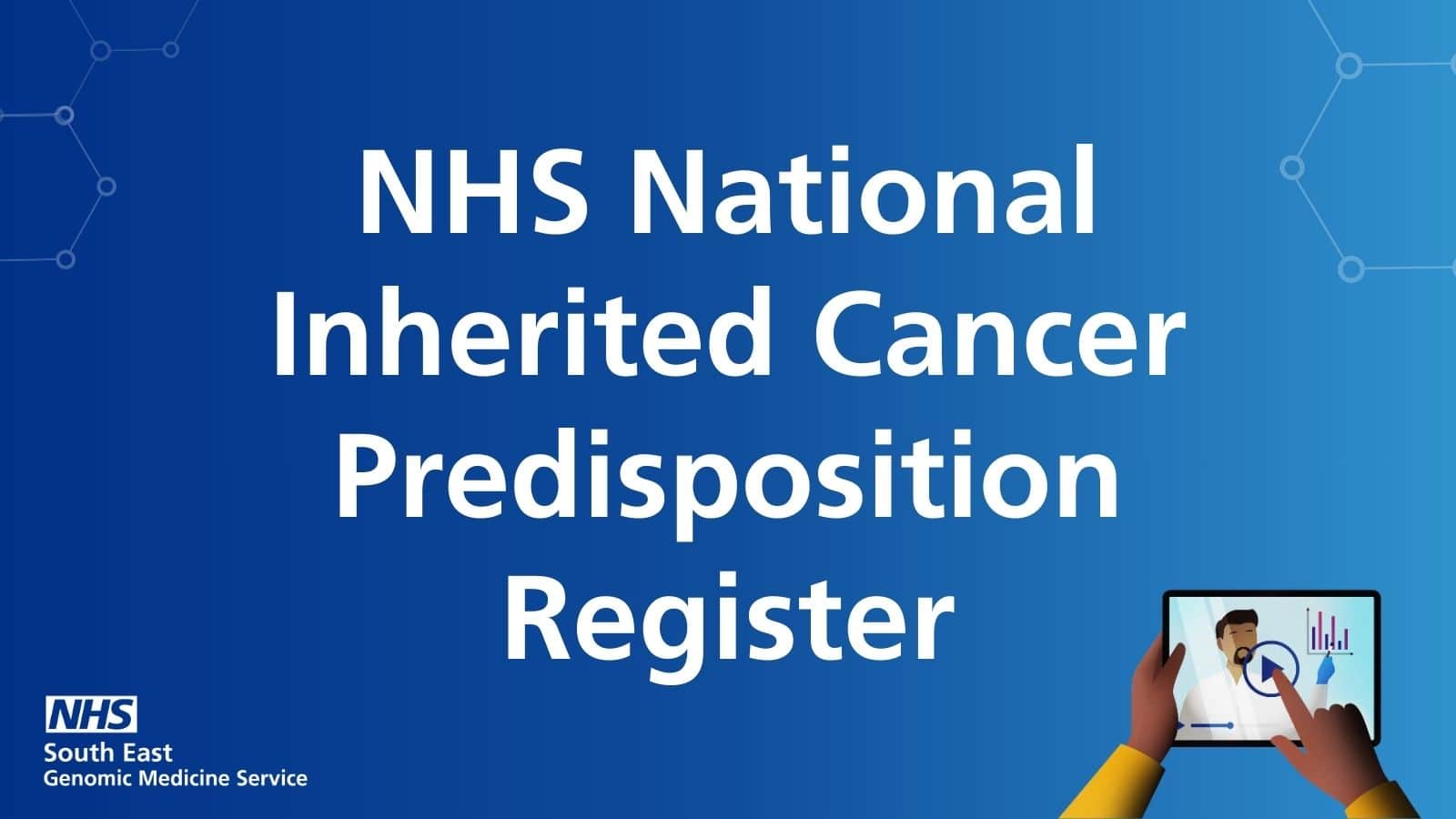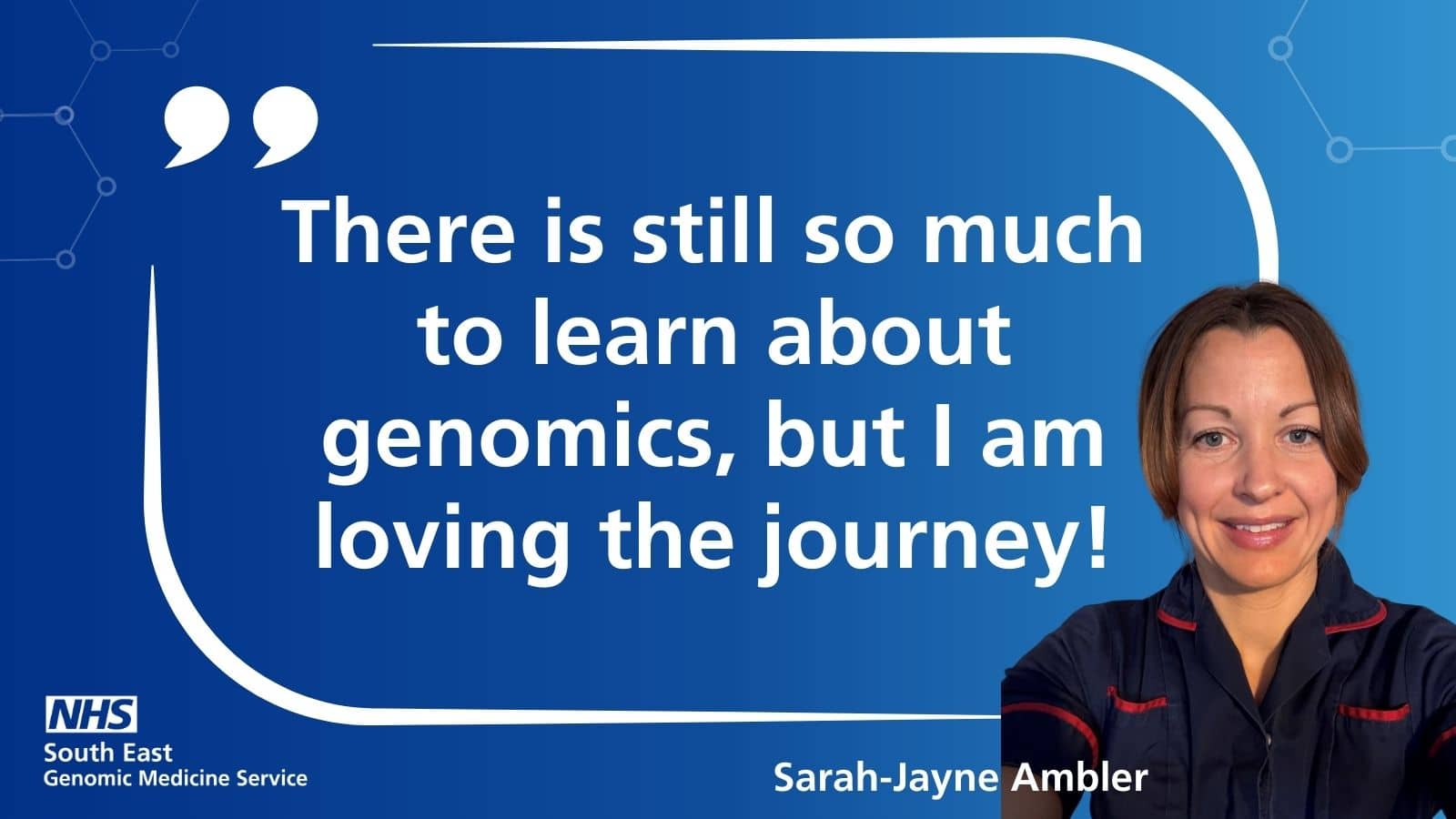New Rapid Genetic Test Helps Doctors Diagnose Severe Respiratory Infections in Hours, Not Days

Doctors at Guy’s and St Thomas’ NHS Foundation Trust have shown that a new rapid genetic test can detect and identify bugs causing severe respiratory infections within hours, allowing doctors to give faster, more personalised treatment.
The study, published today in The Lancet Microbe, details a unique metagenomic test that looks for bacteria, viruses, and fungi in a single sample from patients with severe respiratory infections in intensive care. Unlike traditional tests, which can take several days, this method provides early results on the same day patients are admitted and a full report in 24 hours.
For patients, this could be life-changing. The research found that:
- One in three patients had infections detected that standard tests had missed.
- Doctors were able to safely adjust treatments in more than a quarter of cases, often reducing the use of strong, broad-spectrum drugs.
- One in five patients started treatments to suppress the immune system using the results.
- The test also picked up infections with wider public health risks, including tuberculosis, HIV, and measles, helping protect other patients and the community.
The test was developed by scientists at Guy’s & St Thomas Hospitals using technology provided by Oxford Nanopore Technology.
Dr Adela Alcolea-Medina, Consultant Clinical Scientist and lead author, added:
“With this new metagenomics test we can now detect all types of microbes from a single sample, giving doctors faster answers and allowing more precise treatment decisions than traditional methods.”
Dr Luke Blagdon Snell, Clinical Lecturer and one of the study’s lead authors, said:
“This test gives us answers in hours instead of days. It means we can get the right treatment to the right patient more quickly, avoid unnecessary antibiotics, and can even spot infections that could pose wider public health risks.”
The study involved 74 patients from intensive care at Guy’s & St Thomas’ Hospital in London and is the first to show how rapid genetic testing can change treatments in real time. The team has received government funding from the Office of Life Sciences and NHS England to expand the approach to up to 30 NHS hospitals across the UK.
The research received no external funding and is published open access in The Lancet Microbe here


